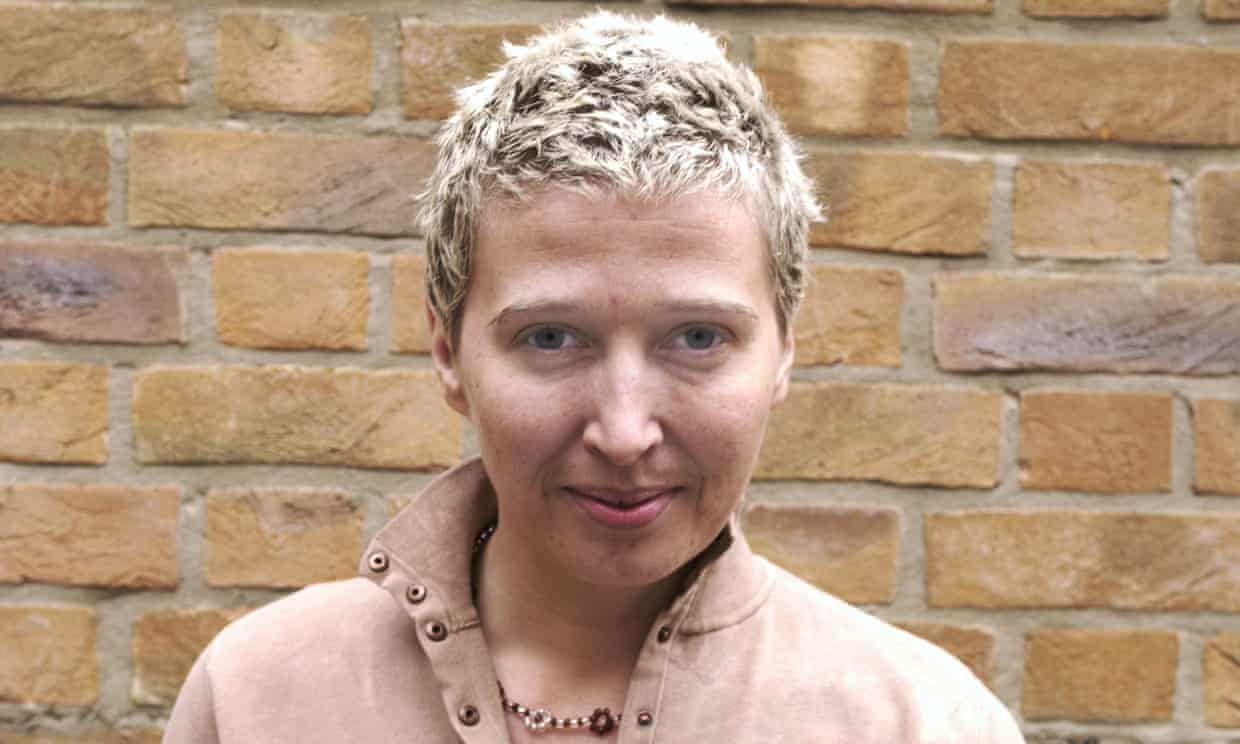
The Guardian
Alex Duval Smith, former Guardian journalist, dies at 55
Tributes paid to former Africa correspondent, who died in Paris after sudden infection
by Jon HenleyAlex Duval Smith, the Guardian’s former Africa correspondent and most recently a freelance journalist across west Africa, has died aged 55.
Duval Smith had been undergoing intensive treatment for lung cancer diagnosed in August last year. She died in Paris on Saturday following a sudden and severe pulmonary infection, close friends said.
“She was hugely energetic, endlessly curious, generous, versatile, good-humoured, and could write from anywhere,” said Simon Tisdall, a former Guardian foreign editor, who first encouraged Duval Smith to move into reporting from subediting.
Paul Webster, the editor of the Observer, said Duval Smith was “a great reporter”. She would “appear in the most unexpected places, completely calm in the midst of unimaginable mayhem, and file beautiful, fluent prose”, Webster said.
Lyse Doucet, the BBC’s chief international correspondent, said Duval Smith was “a force of nature, so committed to journalism, so much in love with so much in west Africa. So many of her stories stay with me, as well as her many kindnesses.”
Karen Allen, the BBC’s former Africa correspondent, said she was “our comrade and sister in arms … a kind, understated and totally committed journalist.”
Born in London on 28 October 1964, Duval Smith was the daughter of Peter Duval Smith, a journalist, screenwriter and BBC producer who died in Saigon in 1967, and Daphne Jonason, an actor in a number of 60s films and TV series.
She moved to Sweden with her mother, who had Swedish roots, when she was seven and attended the French Lycée in Stockholm, where she became fluent in French and Swedish and passed her baccalaureate.
Duval Smith returned to London in the early 1980s and in 1986 she married Simon Clark, then a Royal Shakespeare Company actor whom she had met while she was at school and he was touring in Stockholm. The couple divorced in 1993 but remained close.
Duval Smith first began working subediting shifts on the Guardian in the mid-1980s, moving on to become a core member of the paper’s Guardian Europe section and subsequently an assistant foreign desk editor in the early 1990s.
But she wanted above all to report and, dispatched in 1995 to cover the absence of the Guardian’s then Paris bureau chief, Paul Webster, for six weeks, she seized her chance, staying on in the French capital for nearly three years, writing for both the Guardian and the Observer.
In 1998, she was appointed the Guardian’s staff Africa correspondent, based in Johannesburg, and covered all the southern part of the continent, and several conflicts, with commitment, empathy and often great courage.
After leaving her staff position to go freelance, Duval Smith stayed in Africa working for a wide variety of British and French media organisations, including the Guardian, the Independent, Radio France Internationale (RFI), France 24 and the BBC.
She returned to Paris briefly and then to Stockholm to be closer to her mother, who died in 2007, but later went back to Africa where, apart from a brief spell in Poland, she remained, based successively in Cape Town, Mali, Ivory Coast and finally Senegal, working principally for the BBC and RFI.
Helena Nordstrand, a Swedish photographer with whom Duval Smith worked closely, said she had “the greatest hunger for life of anyone I know”. Judy Ewens, a journalist and longtime friend, said she had “an extraordinary gift for making lifelong friendships wherever she went in the world. To be her friend was a true privilege.”
Duval Smith is survived by two half-sisters and a half-brother.